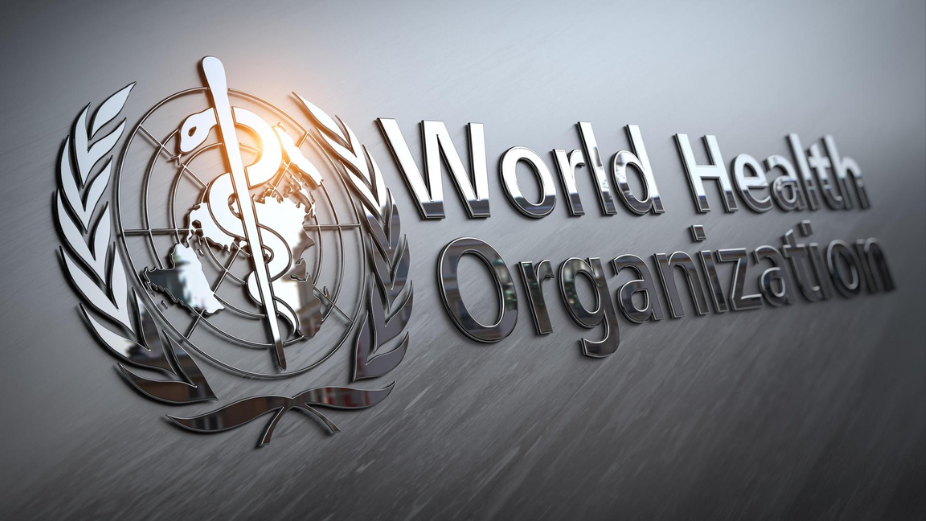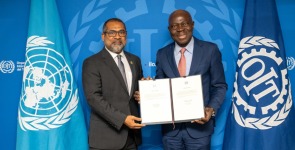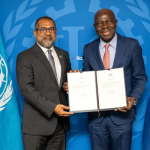
On January 20, 2025, President Donald Trump signed an executive order initiating the United States’ withdrawal from the World Health Organization (WHO), marking the second such attempt during his administrations. The decision has sparked widespread concern regarding its potential effects on global health initiatives and specific implications for countries like the Maldives.
Global Implications
The United States has historically been the largest contributor to the WHO, providing approximately 15% of its funding. The withdrawal entails a significant reduction in financial support, which could weaken the WHO’s capacity to manage health emergencies, support vaccination programs, and combat diseases worldwide. Experts warn that this move may hinder international efforts to control disease outbreaks, leaving populations more vulnerable to health crises.
Additionally, the absence of U.S. leadership within the WHO may lead to a shift in global health dynamics, potentially increasing the influence of other nations in setting health priorities and policies. This realignment could affect the direction of international health initiatives and the allocation of resources.
Impact on the Maldives
As a small island nation, the Maldives relies heavily on international collaboration for its healthcare needs, particularly in areas such as disease prevention, emergency response, and technical assistance. The U.S. withdrawal from the WHO could have several repercussions for the Maldives:
- Funding Shortfalls: The reduction in WHO funding may lead to decreased financial support for health programs in the Maldives, affecting initiatives aimed at controlling communicable diseases and improving healthcare infrastructure.
- Technical Assistance: The WHO provides essential technical expertise to the Maldives, including guidance on health policies and response strategies. A weakened WHO may limit access to such support, challenging the country’s ability to manage health issues effectively.
- Vaccine Distribution: The Maldives benefits from WHO-led vaccination programs. Disruptions in these initiatives could impede efforts to maintain immunization coverage, increasing the risk of vaccine-preventable diseases.
- Emergency Response: In the event of health emergencies, the Maldives depends on the WHO for coordination and support. A diminished WHO presence could slow response times and reduce the effectiveness of interventions during crises.
The U.S. withdrawal from the WHO presents significant challenges for global health governance and poses particular risks for countries like the Maldives that depend on international cooperation to address their healthcare needs. The situation underscores the importance of sustained global partnerships and the need for alternative strategies to mitigate the potential negative impacts on public health.











